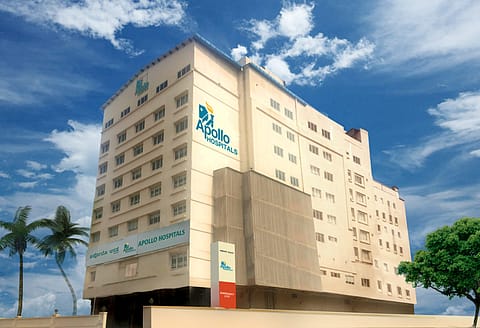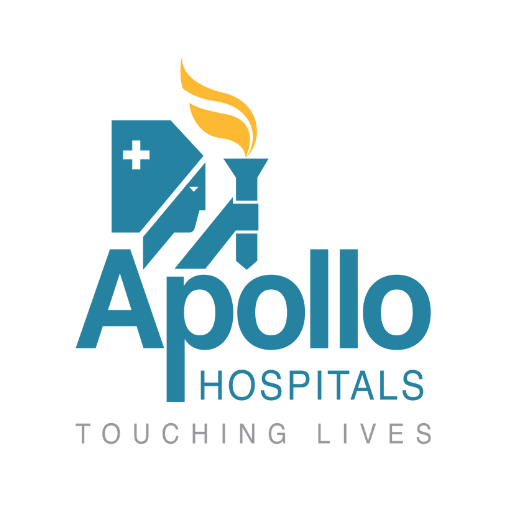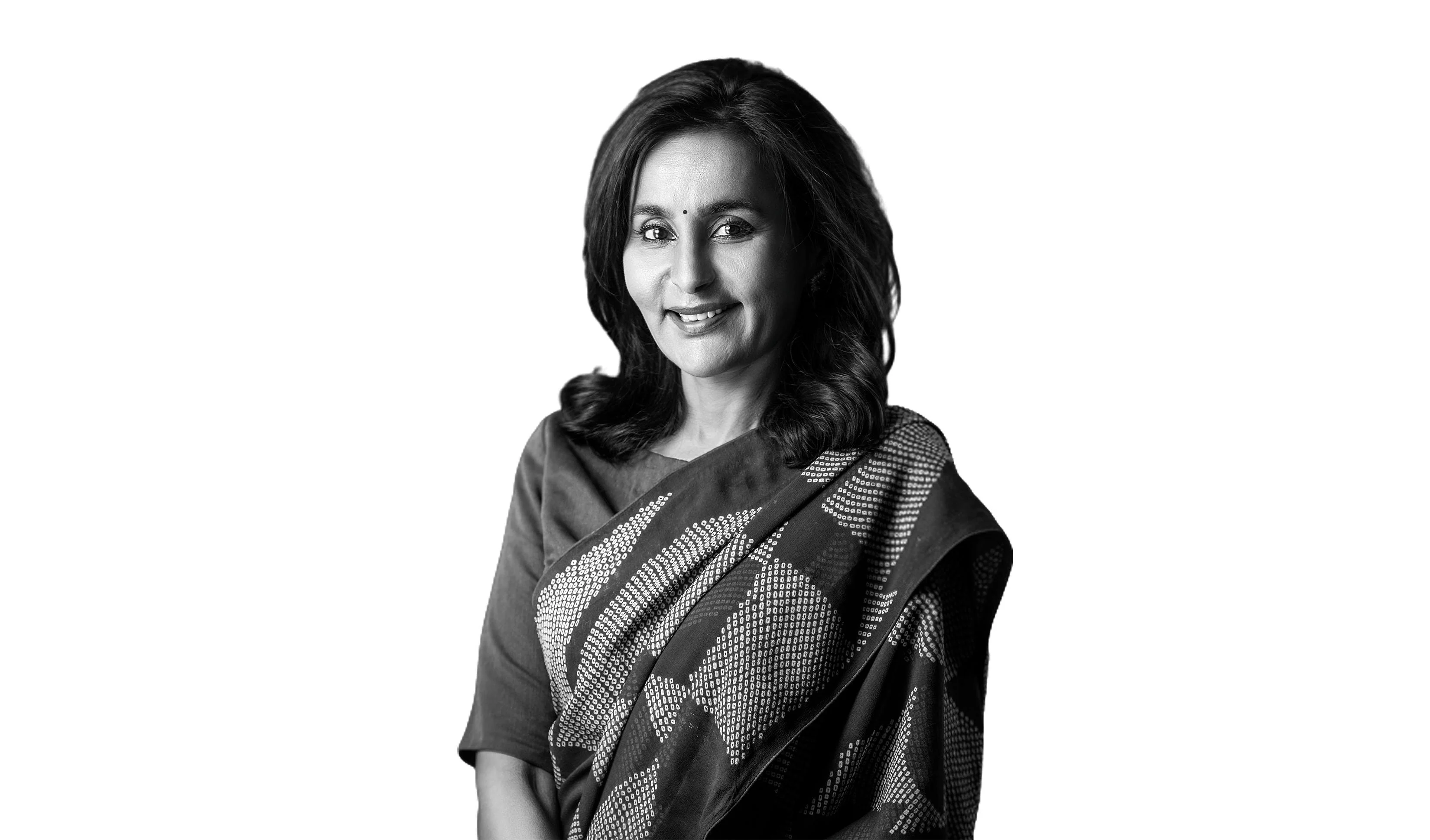Apollo Hospitals Enterprise to acquire 31% stake held by International Finance Corporation in Apollo Health and Lifestyle for ₹1,254 crore
Apollo Health and Lifestyle provides out-of-hospital care through four focused verticals, including primary care and diagnostics, birthing and women’s health centres, ambulatory care centres, and dialysis and dental networks.

Apollo Hospitals Enterprise (AHEL) said on Friday that it intends to acquire a 31% stake held by the International Finance Corporation in Apollo Health and Lifestyle, a unit of AHEL, for a consideration of ₹1,254 crore.
Following the transaction, Apollo Health and Lifestyle will become a 100%-owned subsidiary of AHEL, with 99.42% held by AHEL and the balance in the ESOP pool. “This acquisition is a decisive step that will allow for sharper capital allocation and a greater focus on select high-potential segments. With disciplined growth, improved profitability, and enhanced return on capital employed, we see Apollo Health and Lifestyle becoming a value-accretive driver in Apollo’s integrated healthcare portfolio,” said Suneeta Reddy, managing director, Apollo Hospitals, in a statement.
Apollo Health and Lifestyle provides out-of-hospital care through four focused verticals, including primary care and diagnostics, birthing and women’s health centres, ambulatory care centres, and dialysis and dental networks. “Each of these verticals offers an opportunity to drive focused growth strategies and value unlock,” the company said in a statement.
“International Finance Corporation has been a valuable partner, providing patient capital and facilitating the growth of AHLL. By bringing AHLL fully into Apollo’s fold, we are sharpening the business focus across its four verticals—primary care and diagnostics, birthing and women’s health, ambulatory care, and dialysis and dental,” Sangita Reddy, joint managing director, Apollo Hospitals, in a statement.
AHEL said that the diagnostics and primary care out-of-hospital healthcare market is projected to grow at a high-teen CAGR, supported by rising preventive health awareness, urbanisation, and the adoption of advanced speciality tests like genomics and precision diagnostics. Premium birthing and fertility services are expanding at a 12–14% CAGR, supported by increasing demand for quality maternal care and experience.
Ambulatory care—both urgent and surgical—is expected to gain traction in India as hospital clusters adopt cost-efficient, short-stay, and proximity-based care delivery in metropolitan areas and tier I cities. Both dialysis and dental segments demonstrate a high, unmet demand—dialysis at a CAGR of around 15% driven by the prevalence of chronic kidney disease (CKD), and dental is poised for rapid formalisation in a fragmented market.


